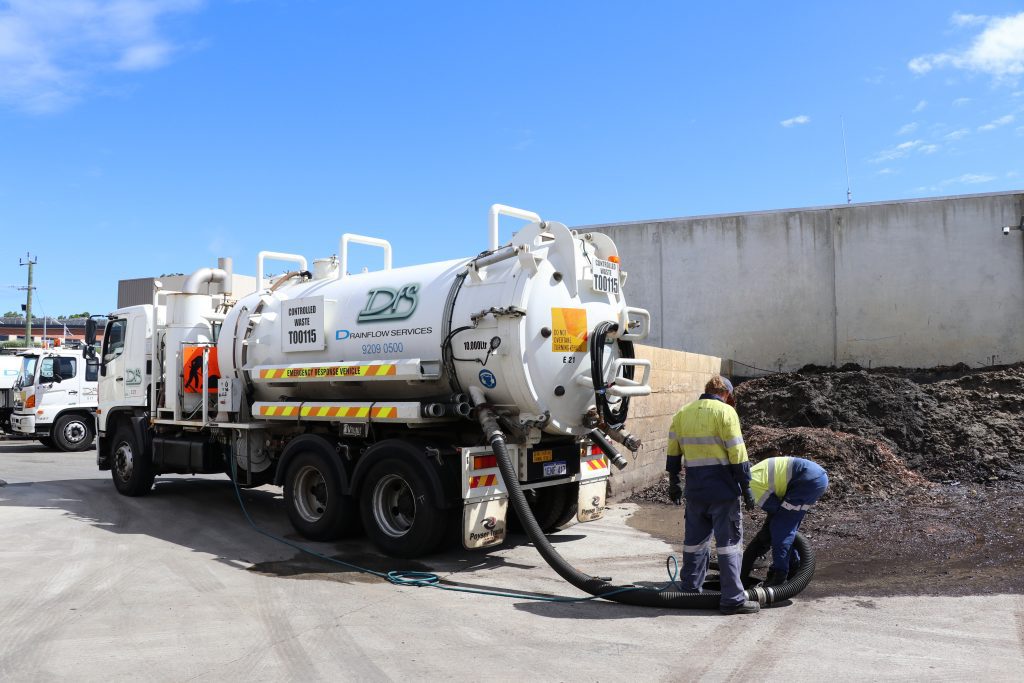Things about Reclaim Waste
Table of ContentsNot known Details About Reclaim Waste What Does Reclaim Waste Mean?Unknown Facts About Reclaim WasteThe Best Guide To Reclaim WasteNot known Facts About Reclaim Waste
Discover the kinds, incidents, and types of liquid waste. Residential sewage waste describes the waste and products from a domestic septic system. This kind of waste is produced by human beings in residences, institutions, and various other structures. This only includes septic systems that have a drain field. The correct monitoring and disposal of residential sewage waste need fluid waste to be transferred to a sewer treatment plant where the correct techniques and equipment are related to cleanse and throw away waste.
Commercial waste often includes potential hazards, such as combustible materials or a blend of liquid and solid waste products, and requires a much more sophisticated and detailed disposal process. The disposal of business waste commonly involves the filtering of waste before transport to guarantee risk-free and proper disposal. Hazardous waste is developed from by-products and overflow of industrial processes and manufacturing.
This sort of waste can not use the very same sewage management transport or procedures as septic or industrial fluids. The commercial waste administration process requires the inspection and testing of fluid waste prior to it goes through the disposal process (liquid waste removal). Overflow waste is the liquid waste that comes from overflow and excess stormwater in very populated areas or cities
Runoff waste can create contamination and flooding otherwise handled correctly. Discover more concerning drain cleansing and waste administration. Making certain correct waste management can prevent catastrophes and minimize environmental harm. Both individuals in household setups and specialists in commercial or production sectors can profit from recognizing the procedures and guidelines of liquid waste administration.
What Does Reclaim Waste Mean?
Contact PROS Providers today to find out concerning our waste administration and disposal services and the proper methods to care for the liquid waste you produce.
Do you understand what takes place to your water when you pull the plug, purge the commode or drain the washing maker? No? Well, it's worth knowing. This so-called 'wastewater' is not just a vital source however, after therapy, will be released to our land, waterways or the ocean. Made use of water from toilets, showers, bathrooms, kitchen sinks, washings and commercial procedures is referred to as wastewater.

water made use of to cool down machinery or tidy plant and tools). Stormwater, a type of wastewater, is drainage that moves from farming and metropolitan locations such as roof coverings, parks, gardens, roads, paths and rain gutters right into stormwater drains pipes, after rain. Stormwater streams untreated straight to local creeks or rivers, eventually getting to the sea.
The 5-Minute Rule for Reclaim Waste
In Queensland, the majority of wastewater is dealt with at sewage treatment plants. Wastewater is moved from residential or commercial sites with a system of sewers and pump stations, known as sewerage reticulation, to a sewer therapy plant. City governments construct, maintain and run most sewer treatment plants. Operators are licensed under the Environmental Management Act 1994 to release treated wastewater at an acceptable ecological standard right into rivers.
The Department of Natural Resources recommends city governments regarding managing, operating and preserving sewage systems and therapy plants. In unsewered areas, city governments may need owners to mount individual or household sewer treatment systems to deal with domestic wastewater from bathrooms, cooking areas, bathrooms and washings. The Division of Natural Resources authorizes the use of family systems when they are shown to be effective.
The majority of stormwater receives no treatment. In some new class, treatment of some stormwater to eliminate clutter, sand and crushed rock has begun making use of gross contaminant traps. Wastewater treatment occurs in four learn the facts here now stages: Eliminates solid matter. Larger solids, such as plastics and various other items incorrectly discharged to drains, are eliminated when wastewater is passed via screens.
Uses tiny living organisms recognizes as micro-organisms to damage down and remove continuing to be dissolved wastes and fine fragments. Micro-organisms and wastes are integrated in the sludge.
Some Known Questions About Reclaim Waste.
Nutrient elimination is not offered at all sewer treatment plants since it calls for expensive specialized equipment. Clear fluid effluent created after therapy might still consist of disease-causing micro-organisms - liquid waste removal.

This usually implies wastewater needs to be dealt with or impurities gotten rid of prior to it can be released to rivers. A lot of wastewater streams right into the sewage system. Under the Act, regional governments provide approvals and permits for environmentally pertinent activities (ERAs) including wastewater releases that might have a regional influence. The department provides approvals and licences to Periods involving wastewater releases that might have a local or statewide effect.
Unknown Facts About Reclaim Waste
Tracking offers valid details about water quality and can confirm that permit problems are being fulfilled. The information obtained with surveillance offers the basis for making water quality choices.
Comments on “Unknown Facts About Reclaim Waste”